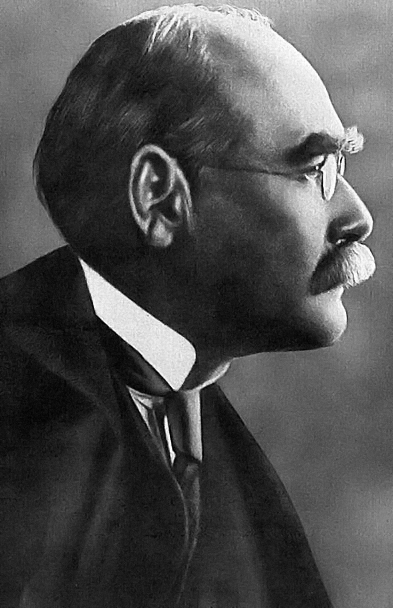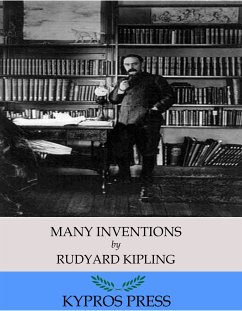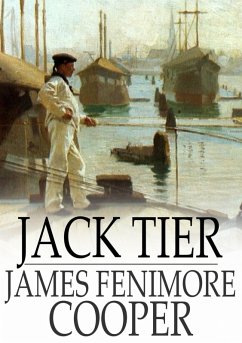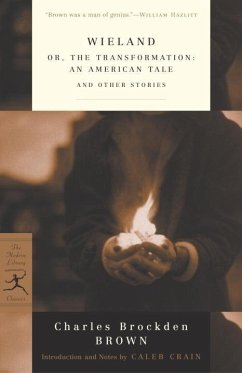
Many Inventions (eBook, ePUB)
Enriched edition. Captivating tales of human experiences and societal norms in the late 19th century
Kommentar: Everly, Desmond / Redaktion: Good Press
Versandkostenfrei!
Sofort per Download lieferbar
1,99 €
inkl. MwSt.
Weitere Ausgaben:

PAYBACK Punkte
0 °P sammeln!
In "Many Inventions," Rudyard Kipling presents a collection of captivating short stories that delve into the realms of British colonial life, technocratic advancement, and the intricate relationship between man and nature. With a literary style marked by vivid imagery and rich symbolism, Kipling weaves narratives that reflect the complexity of imperialism and the moral dilemmas faced by both colonizers and the colonized. This collection, published in 1893, embodies the transitional literary context of the late Victorian era, capturing the tensions of a rapidly changing world through tales that...
In "Many Inventions," Rudyard Kipling presents a collection of captivating short stories that delve into the realms of British colonial life, technocratic advancement, and the intricate relationship between man and nature. With a literary style marked by vivid imagery and rich symbolism, Kipling weaves narratives that reflect the complexity of imperialism and the moral dilemmas faced by both colonizers and the colonized. This collection, published in 1893, embodies the transitional literary context of the late Victorian era, capturing the tensions of a rapidly changing world through tales that are often whimsical yet imbued with profound social commentary. Rudyard Kipling, born in 1865 in India, was deeply influenced by his experiences during British rule, which shaped his worldview and literary output. His upbringing in the Raj, coupled with a keen interest in storytelling and an acute awareness of the socio-political landscape, led him to explore themes of invention and innovation. Kipling's diverse background'-encompassing elements of journalism and poetry'-enhanced his narrative technique, allowing him to analyze multifaceted characters and their human experiences. "Many Inventions" is a recommended read for anyone interested in understanding the nuances of colonial literature and the human condition. Kipling's ability to intertwine humor with piercing insights offers readers a unique perspective on the inventions of society, both literal and metaphorical. This book, rich in linguistic flair and thought-provoking narratives, invites readers to contemplate the implications of invention in their own lives. In this enriched edition, we have carefully created added value for your reading experience: - A succinct Introduction situates the work's timeless appeal and themes. - The Synopsis outlines the central plot, highlighting key developments without spoiling critical twists. - A detailed Historical Context immerses you in the era's events and influences that shaped the writing. - An Author Biography reveals milestones in the author's life, illuminating the personal insights behind the text. - A thorough Analysis dissects symbols, motifs, and character arcs to unearth underlying meanings. - Reflection questions prompt you to engage personally with the work's messages, connecting them to modern life. - Hand-picked Memorable Quotes shine a spotlight on moments of literary brilliance. - Interactive footnotes clarify unusual references, historical allusions, and archaic phrases for an effortless, more informed read.
Dieser Download kann aus rechtlichen Gründen nur mit Rechnungsadresse in A, B, BG, CY, CZ, D, DK, EW, E, FIN, F, GR, H, IRL, I, LT, L, LR, M, NL, PL, P, R, S, SLO, SK ausgeliefert werden.














